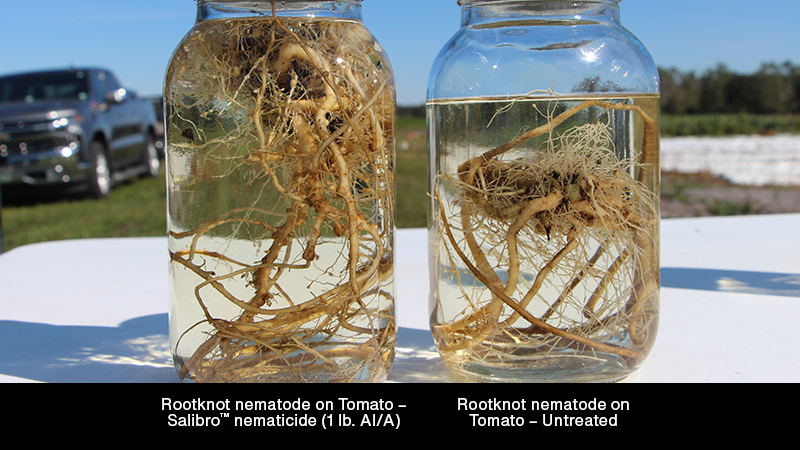House Votes To Stop “Flawed” Waters Of The United States Rule
The U.S. House of Representatives approved this week bipartisan legislation that requires the withdrawal of the Waters of the United States (WOTUS) proposed rule that would give the federal government unprecedented authority to regulate virtually any place that water flows in the U.S., and in some cases, broader authority over land use decisions.
In 2014, the EPA, and the U.S. Army Corps of Engineers developed the proposal. According to a press release from the Transportation and Infrastructure Committee, the proposed rule, which could have substantial economic impacts on states, local governments, farmers, businesses, and private citizens, was developed n in a manner that undermines the integrity of both the rulemaking process and the long-standing federal-state partnership in regulating the nation’s waters.
The Regulatory Integrity Protection Act of 2015 (H.R. 1732), introduced by Transportation and Infrastructure Committee Chairman Bill Shuster (R-PA) and Water Resources and Environment Subcommittee Chairman Bob Gibbs (R-OH), passed by a vote of 261 to 155.
“This onerous rule will impact the nation’s economy, threaten jobs, lead to costly litigation, and restrict the rights of landowners, states and local governments to make decisions about their lands,” said Shuster. “State and local governments and the regulated community all have voiced significant concerns about the EPA’s failure to properly consult with them or consider the impacts in the development of this proposal. Today’s bill simply stops this rulemaking, and requires the EPA to go back and do it right – consult with state and local governments and other stakeholders in developing a new regulation. We can continue to protect our waters without unreasonable and burdensome regulations on American businesses, farmers, and families.”
“The Regulatory Integrity Protection Act of 2015 will protect homeowners, builders, ranchers, farmers and small business owners from the harmful Waters of the United States rule,” said Gibbs. “The EPA chose to bypass states and local governments while drafting this rule and the Regulatory Integrity Protection Act will force the EPA to go back to the drawing board. This bill gives the agencies, their state partners, and stakeholders the chance to work together and develop a rule that does what was intended – provide clarity for the regulated community.”
For more details about the Regulatory Integrity Protection Act, click here.
Source: Department of Transportation news release









